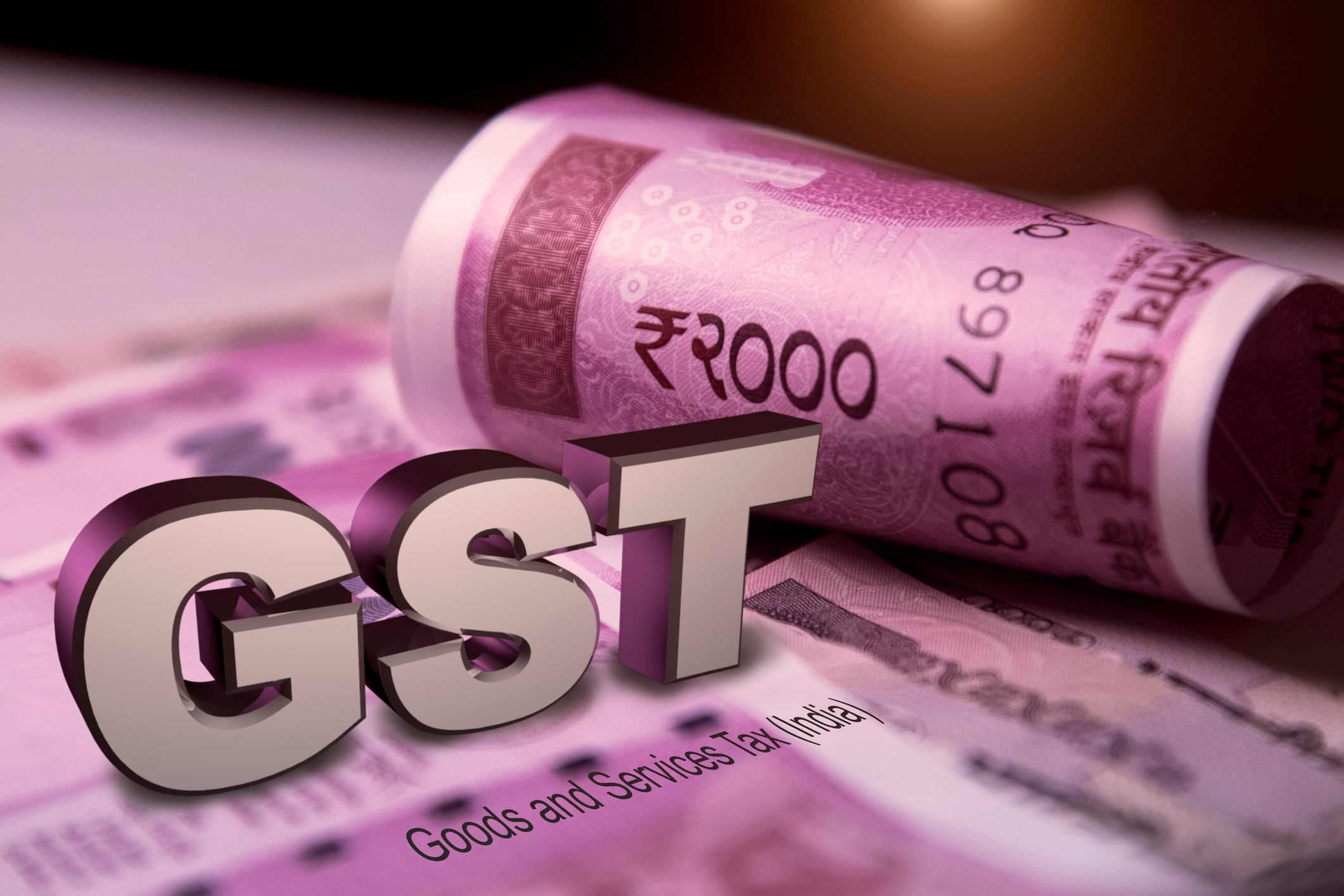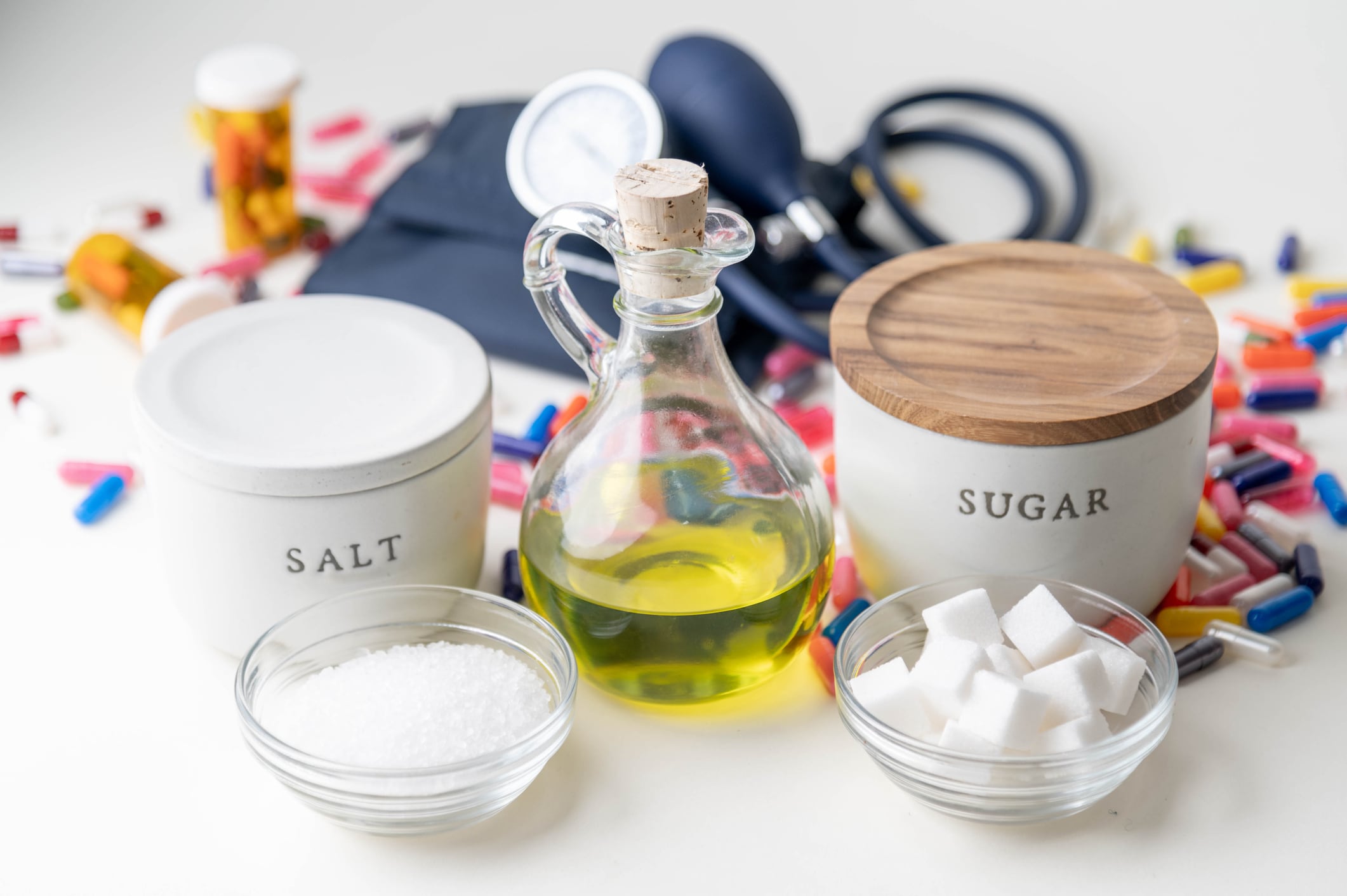The reduced rates will kick in from September 22 and is applicable to all types of nutraceuticals, from multivitamins, to protein powder, from finished goods to natural extract ingredients.
This is the first time in eight years that the Indian government is chopping down goods and services tax (GST) rates.
The previous reduction was announced in 2017, where GST fell from 28% to 18%.
The GST reduction for nutraceuticals is also part of a wider, national GST adjustment introduced by the Modi administration, after the 56th meeting of the GST Council has approved what is known as the “Next-Gen GST reforms”.
Under the new structure, essential goods will have their GSTs marked at between 0% to 5%, while that of high-value items like cars will be fixed at 18%.
For instance, all Indian breads will have 0% GST rates, while nutraceuticals and traditional Indian medicines like Ayurveda, Unani, and homoeopathy will be taxed at 5%.
Luxury and sin goods such as tobacco, aerated drinks, high end cars will be taxed at 40%.
Modi: “A Diwali gift”
“The government will bring Next-Generation GST reforms, which will bring down tax burden on the common man. It will be a Diwali gift for you,” said Indian Prime Minister Narendra Modi.
Minister of Commerce and Industry Piyush Goyal has urged the industries to pass on their GST savings to consumers.
Speaking at Bharat Nutraverse Expo 2025 in New Delhi last week, he told the floor that nutraceutical companies can stand to gain more consumers by introducing more affordable products. The event organized by the ministry claims to be the world’s first mega nutraceutical expo of India.
“While passing the entire GST reduction to your consumers might not immediately be seen as a benefit to your bottom line, it will however, give a tremendous boost to consumption and demand.
“Imagine the greater degree of sales that you can all aspire for. It’s a win-win situation for everybody. You also benefit from greater, bigger business opportunities,” he said.
“Please do ensure that every single rupee saved through GST reduction is passed on to the consumers who can benefit from this new rate,” he added.
Sandeep Gupta, chief founder and director at Expert Nutraceutical Advocacy Council (ENAC) concurred.
Speaking to NutraIngredients, he said the GST reduction for nutraceuticals could drive regular, long-term consumption, which is important for consumers to experience the benefits of nutraceuticals.
“When it comes to health, wellness, and lifestyle products, it is always important to encourage consumers to consume the products repeatedly to see the benefits.
“This is why it is very important to make products affordable, by bringing the GST down from 18% to 5%, this is going to be a great boost from the consumers’ perspective,” he said.
The GST cuts could also encourage consumers new to health supplements to try out the products, leading to the expansion of the nutraceutical consumer market eventually, he said.
Benefits for companies
The GST reduction coincided with a flourishing nutraceutical scene, and emergence of new companies, especially in booming categories like protein functional foods and supplements.
Against this backdrop, companies, especially start-ups, can expect to benefit from cash flow management resulting from a drop in GST rates of raw materials and ingredients, Gupta added.
“The GST cuts will give a big booster to the manufacturers when it comes to cash flow management.
“It will help the medium and small sized manufacturers to maintain their cash flows effectively by reducing this GST burden from 18% to 5%,” he said.
Other potential cuts?
On the other hand, custom duty is another area where the government could look into to further promote India’s nutraceutical sector, according to Gupta.
At the moment, the custom duty for imported nutraceuticals could range from 50% to 100%, he said.
“We certainly would want to encourage the use of Indian origin nutraceutical ingredients.
“However, we would still need to tap on resources globally and there is still customs duty burden for ingredients entering India from different parts of the world,” he said.
He hopes that the government would be opened to further dialogue to drive further growth in India’s nutraceutical sector.
“Bringing GST to 5% from 18% is a big milestone, but we also have to work with the government in progressively developing more dynamic regulations that encourage innovations.”





